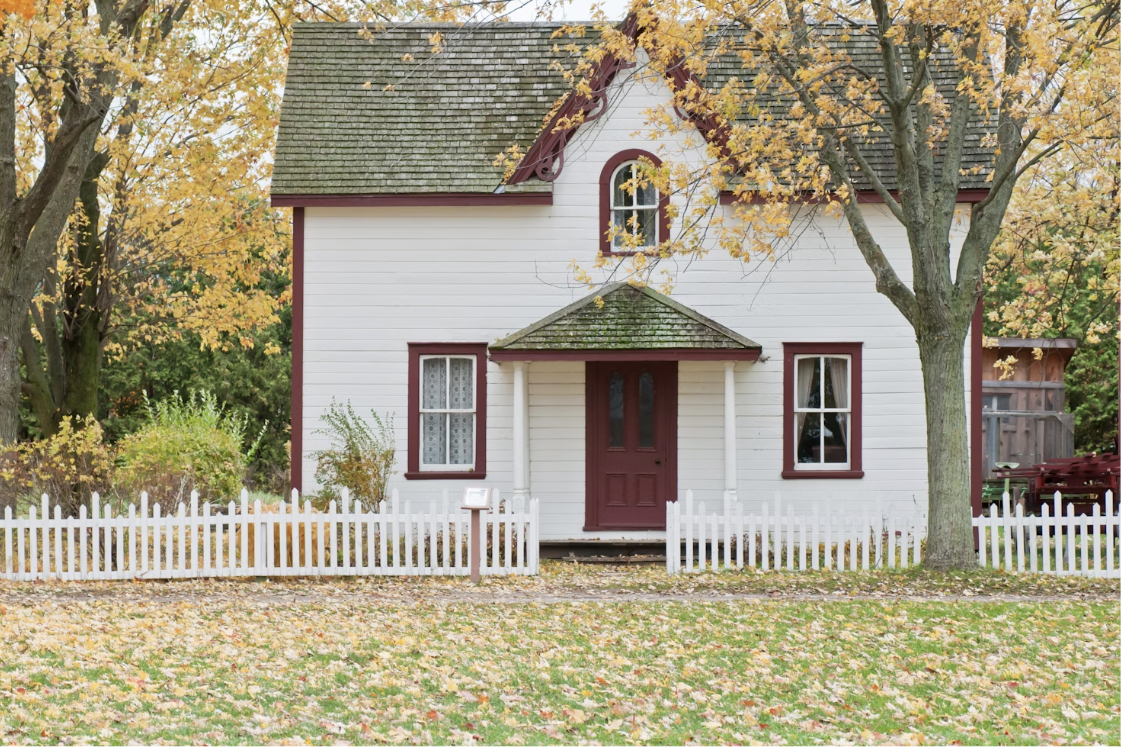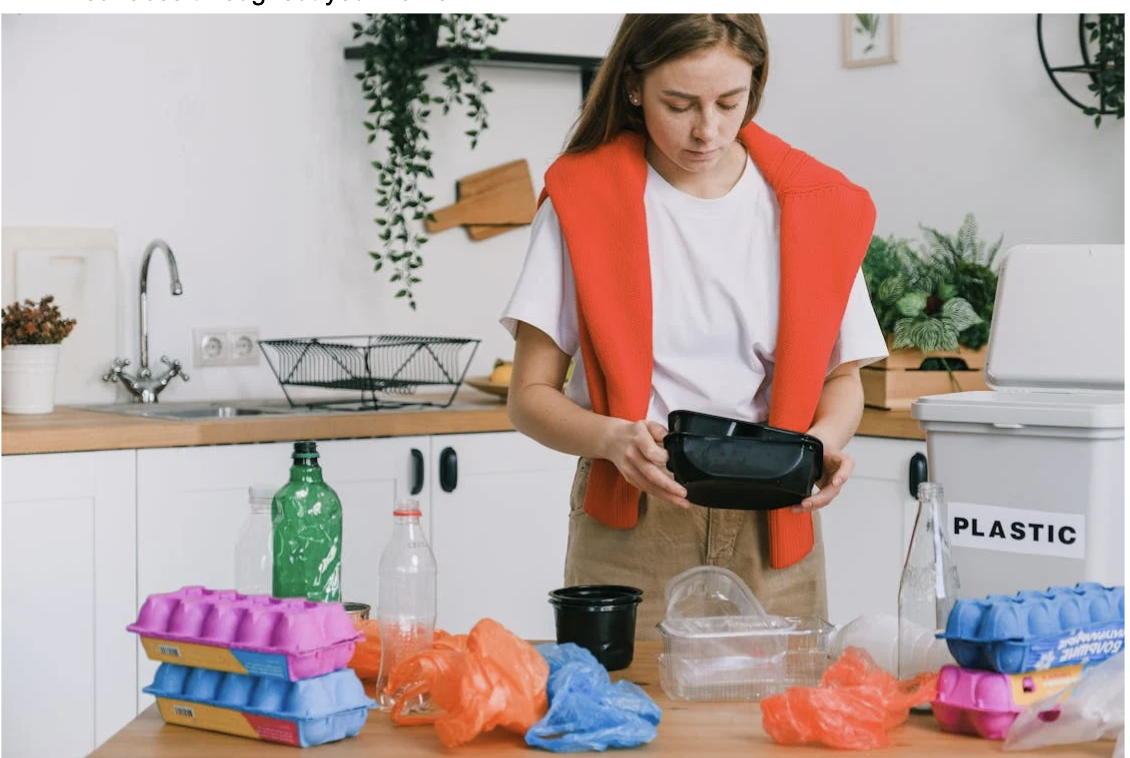How to Achieve an Organized and Environmentally Conscious Home

Finding the balance between maintaining an organized living space and being environmentally conscious can be challenging. Here are a few simple adjustments and mindful practices, you can transform your home into a haven that not only promotes orderliness but also contributes positively to the planet. These tips can help you achieve an organized and environmentally conscious home.
Embrace Sustainable Storage Solutions
You can start by searching for some eco-friendly storage ideas. Opt for storage solutions that prioritize sustainability. You can also repurpose items you already have around the house, such as mason jars, or old shoeboxes, for storage purposes. Consider bigger pieces of furniture, including a wooden chest of drawers as a more permanent storage solution that also adds style to the space. Invest in containers made from eco-friendly materials such as bamboo, glass, or recycled plastics. Not only does this reduce waste, but it also adds a unique touch to your home decor.
- Look for storage containers made from renewable materials such as bamboo or cork. These options are not only eco-friendly but also durable and stylish, adding aesthetic appeal to your organizational efforts.
- Get creative with upcycled storage solutions by repurposing items like old wine crates, tin cans, or fabric scraps. DIY projects like turning an old ladder into a bookshelf or transforming mason jars into wall-mounted storage can add character to your home while reducing waste.
- Consider investing in furniture pieces with built-in storage, such as ottomans with hidden compartments or bed frames with under-bed drawers. These multifunctional pieces maximize space efficiency and minimize clutter in your home.
Declutter Responsibly
An important step to an organized and eco-friendly home is decluttering. Start by assessing your belongings and identifying items you no longer need or use. Instead of simply tossing them into the trash, consider donating or selling gently used items. For items that are beyond reuse, explore recycling options in your community. By diverting unnecessary items from landfills, you reduce waste and minimize your environmental footprint.
- Donate gently used items to local charities or thrift stores. Many organizations accept clothing, furniture, and household goods to benefit those in need. By giving these items a second life, you reduce demand for new products and support your community.
- Host a swap party with friends or neighbors to exchange items you no longer need. Not only does this provide an opportunity to declutter, but it also fosters a sense of community and encourages sustainable consumption.
- Research specialty recycling programs for items like electronics, batteries, and hazardous materials. Many municipalities offer drop-off locations or collection events for these items to ensure they are disposed of properly and recycled where possible.
Implement Energy-Efficient Practices
Creating an environmentally conscious home extends beyond the organization, it involves mindful energy consumption as well. Swap out traditional incandescent light bulbs for energy-efficient LED bulbs. Install programmable thermostats to regulate heating and cooling systems more efficiently. Unplug electronic devices when not in use to prevent phantom energy usage. These small changes not only reduce your carbon footprint but also lead to long-term cost savings on energy bills.
- Take advantage of natural lighting whenever possible by opening curtains or blinds during the day. Not only does this reduce the need for artificial lighting, but it also creates a bright and welcoming atmosphere in your home.
- Upgrade to energy-efficient appliances, such as ENERGY STAR-rated refrigerators, dishwashers, and washing machines. While the initial cost may be higher, these appliances consume less energy over time, resulting in lower utility bills and reduced environmental impact.
Green Cleaning Habits
Maintaining a clean home is essential, but traditional cleaning products often contain harsh chemicals that can harm both your health and the environment. Make the switch to eco-friendly cleaning alternatives, such as vinegar, baking soda, and castile soap. Not only are these ingredients effective at cleaning, but they are also safer for you, your family, and the planet. Additionally, opt for reusable cleaning tools like microfiber cloths and sponges to minimize waste.
- Harness the power of essential oils like tea tree oil, lavender, or lemon for natural cleaning solutions. These oils have antimicrobial properties that effectively kill germs and bacteria without the use of harsh chemicals, leaving behind a pleasant scent.
- Make your all-purpose cleaner by mixing equal parts water and vinegar in a spray bottle. This simple yet effective solution is suitable for cleaning countertops, floors, and surfaces throughout your home.

By following these straightforward steps to organize your home while being mindful of the environment, you're not only tidying up but also doing your part for the planet. Whether it's decluttering responsibly, opting for eco-friendly storage, saving energy, or switching to green cleaning, each action contributes to a cleaner, greener future. Every little change makes a difference, so you can keep it up and inspire others to join in.






